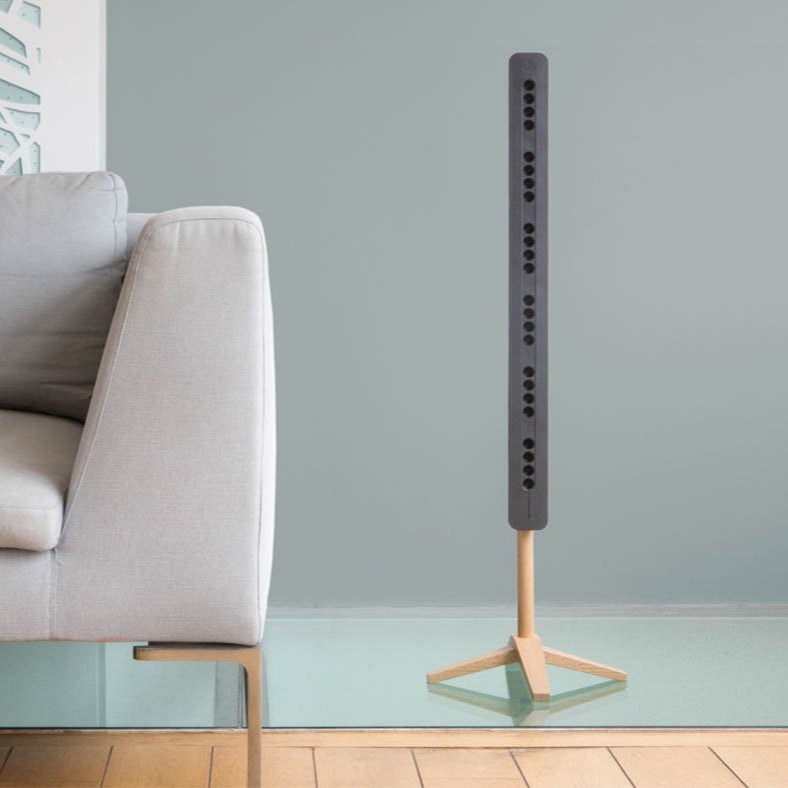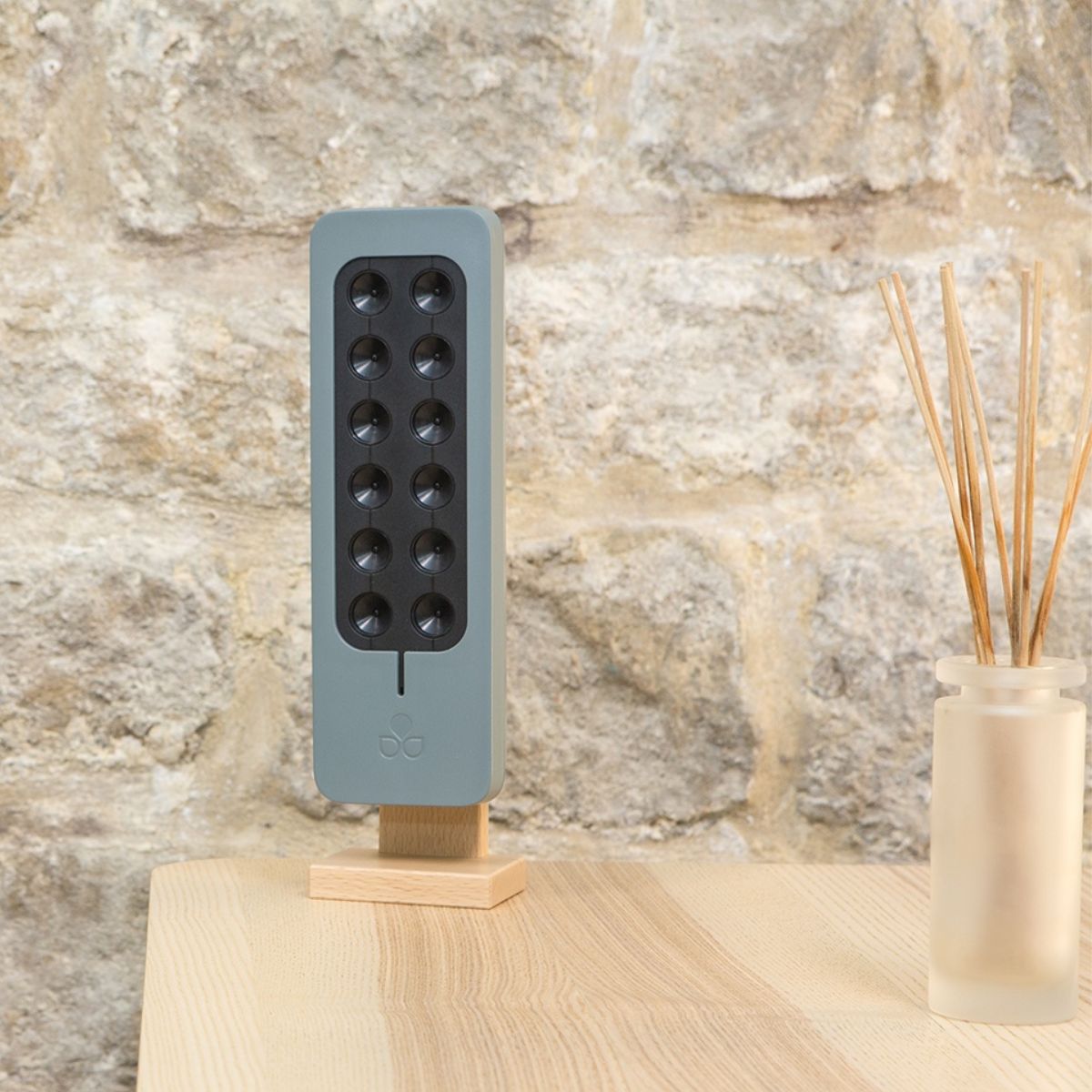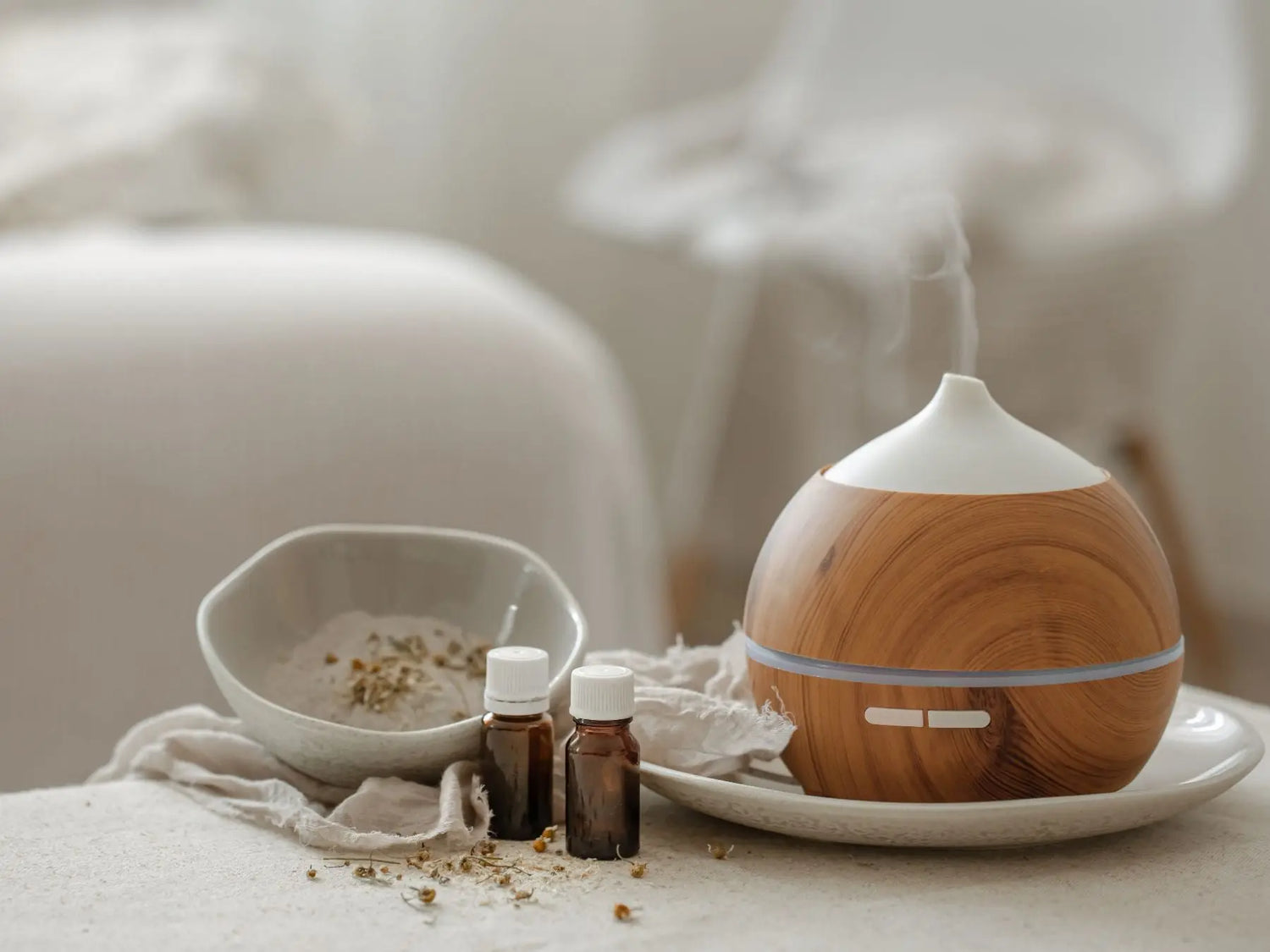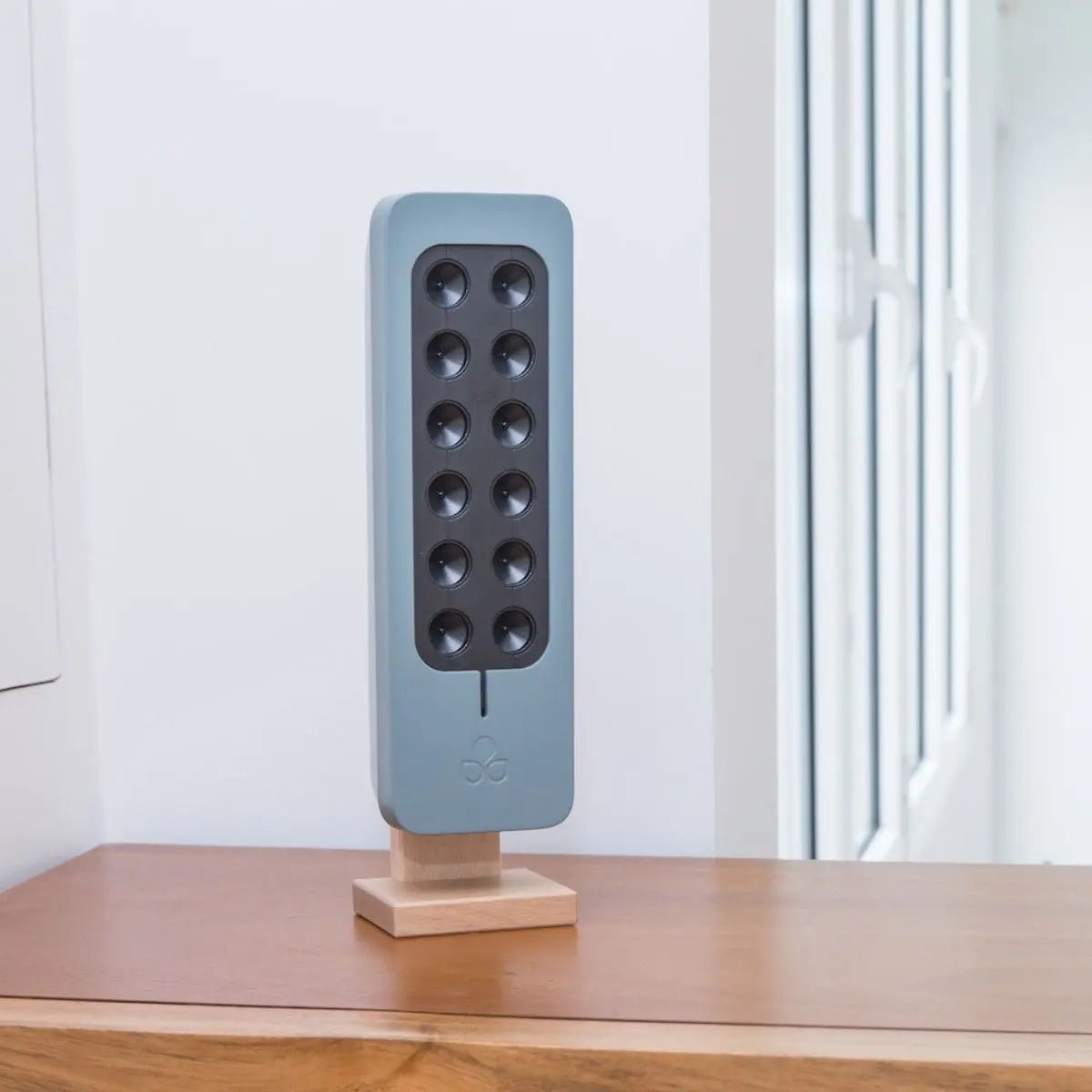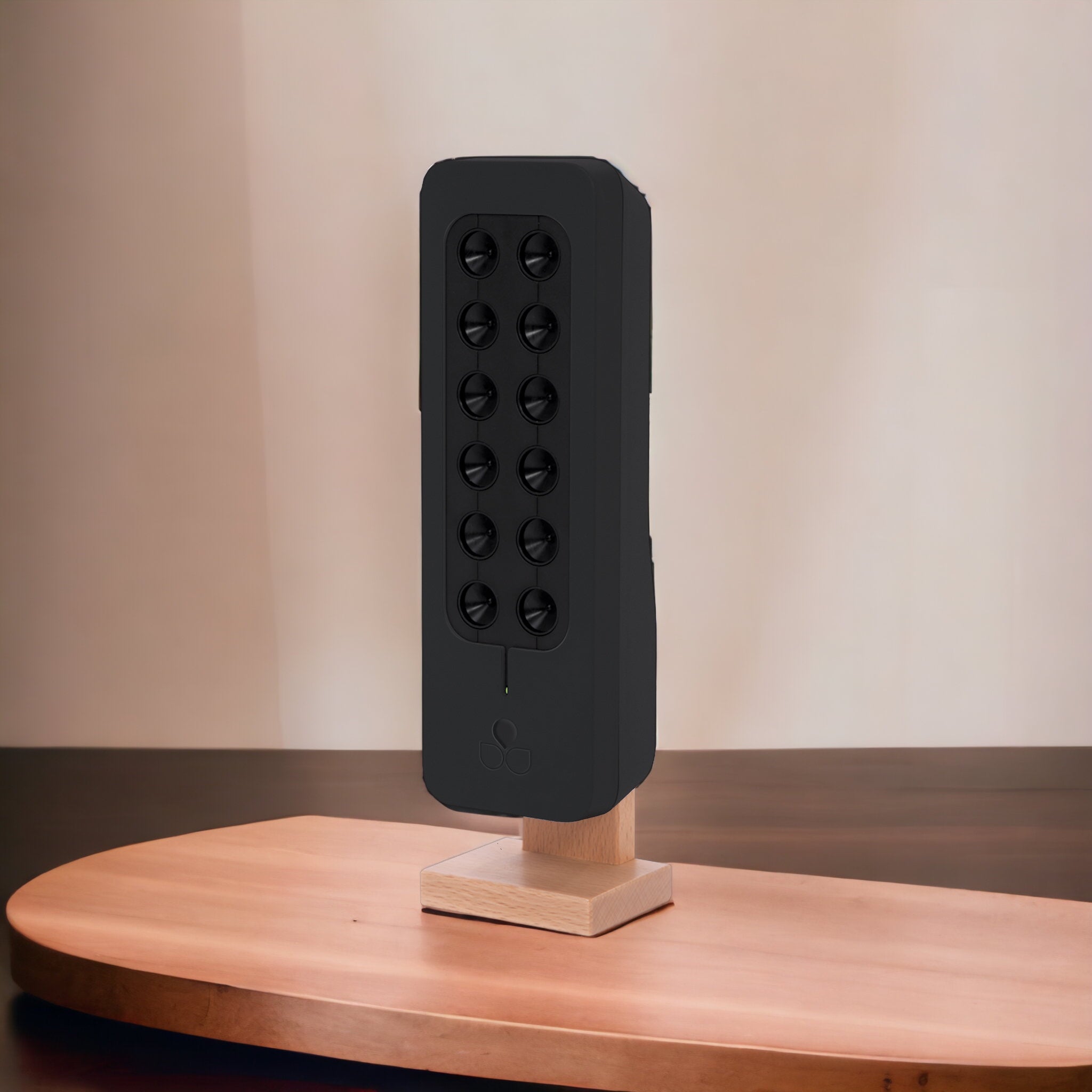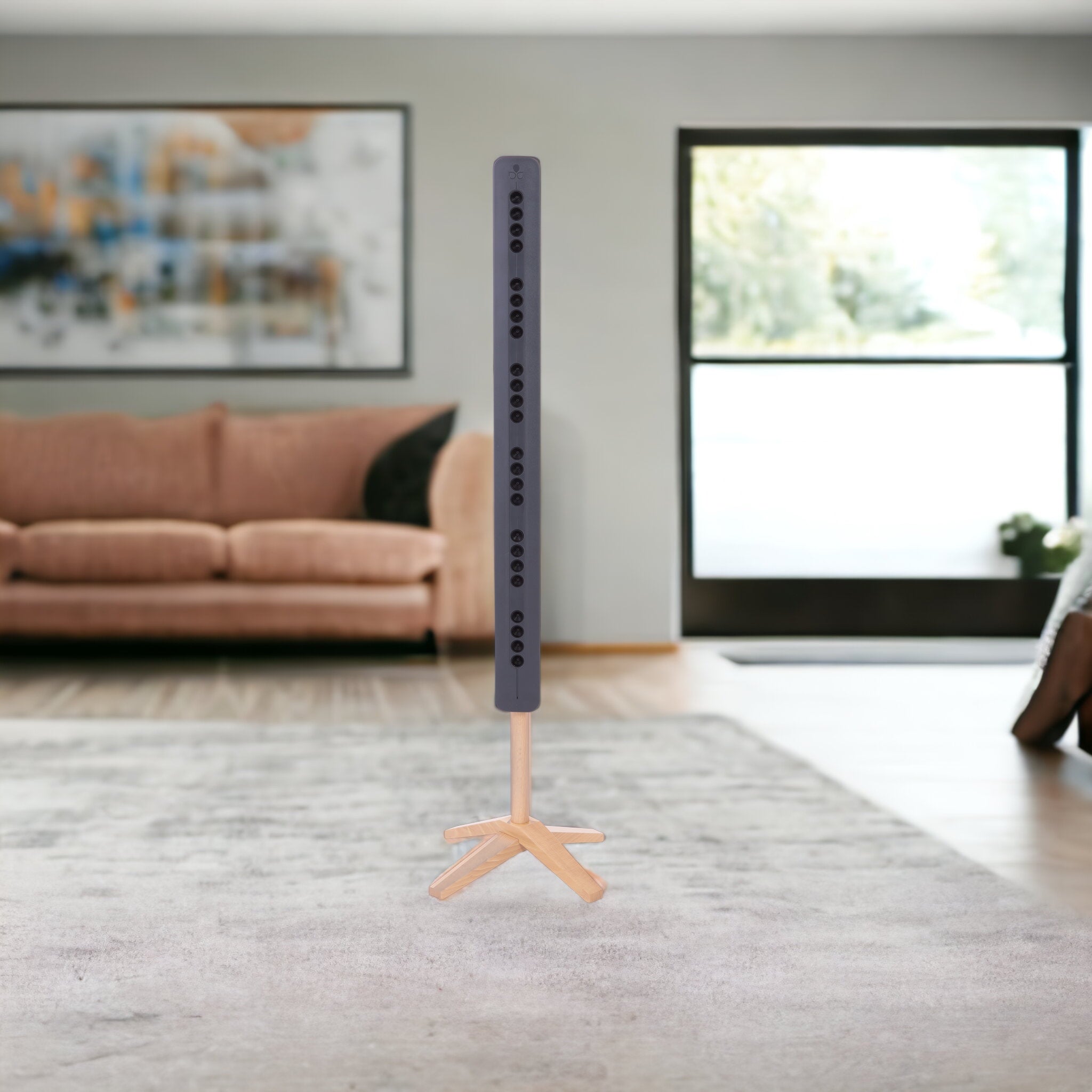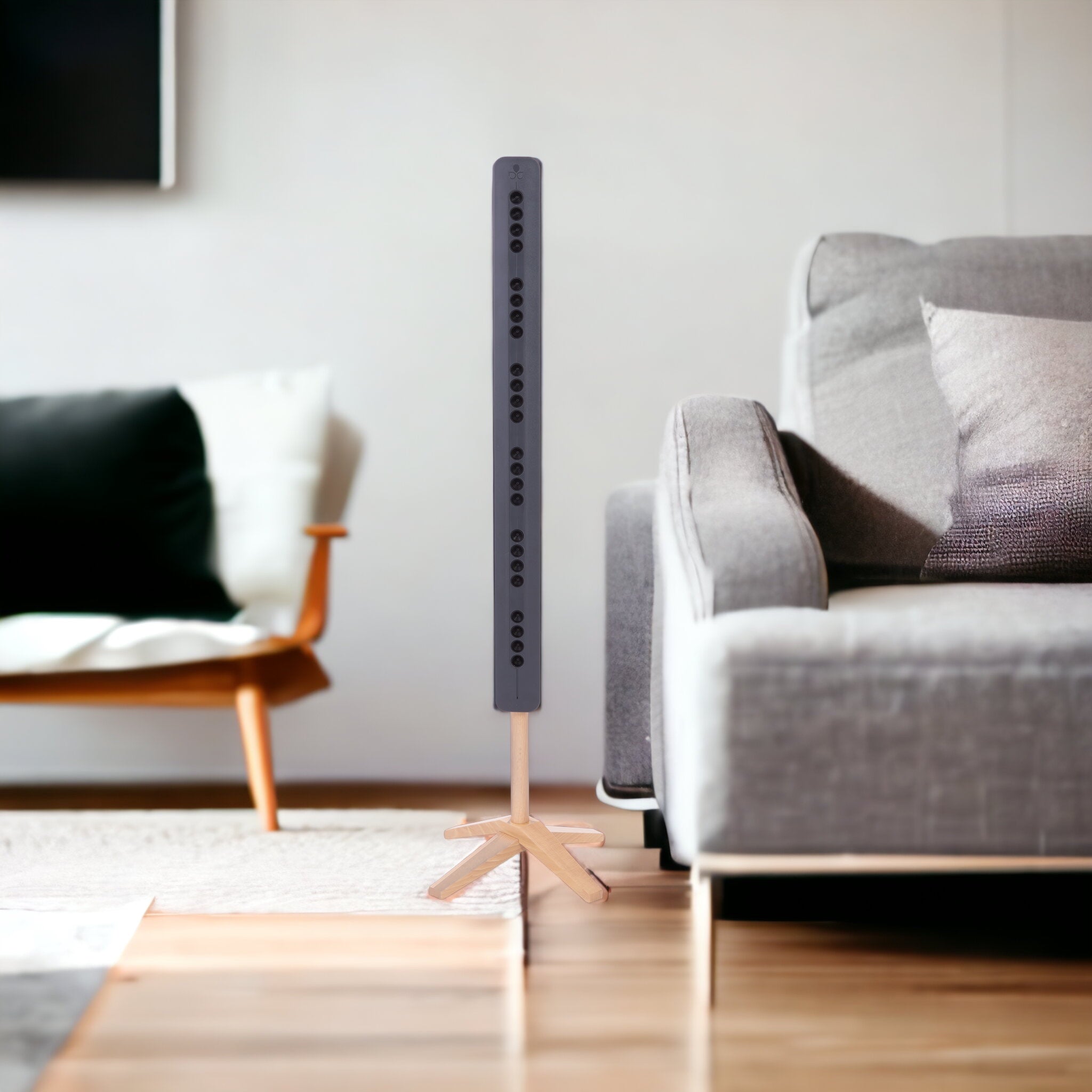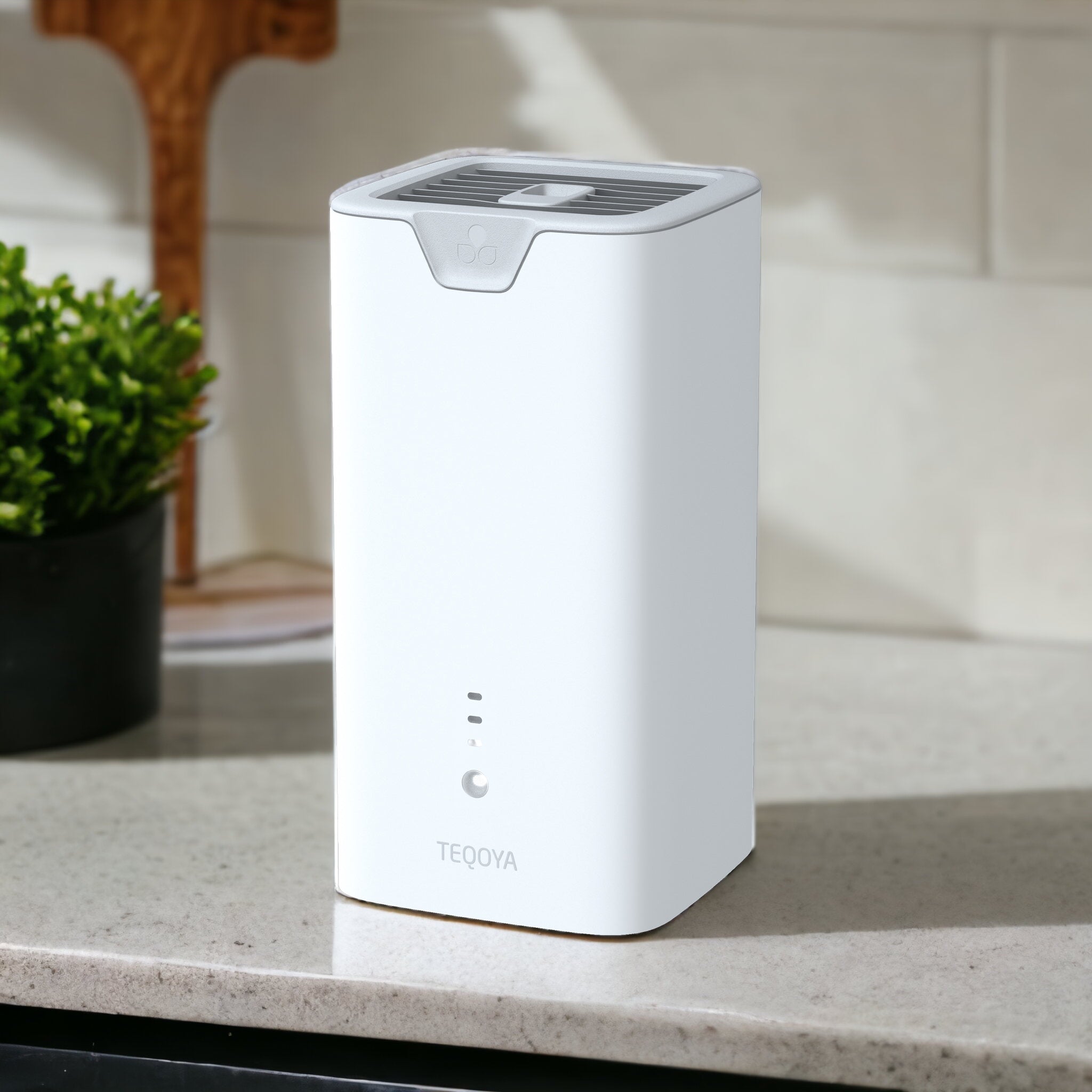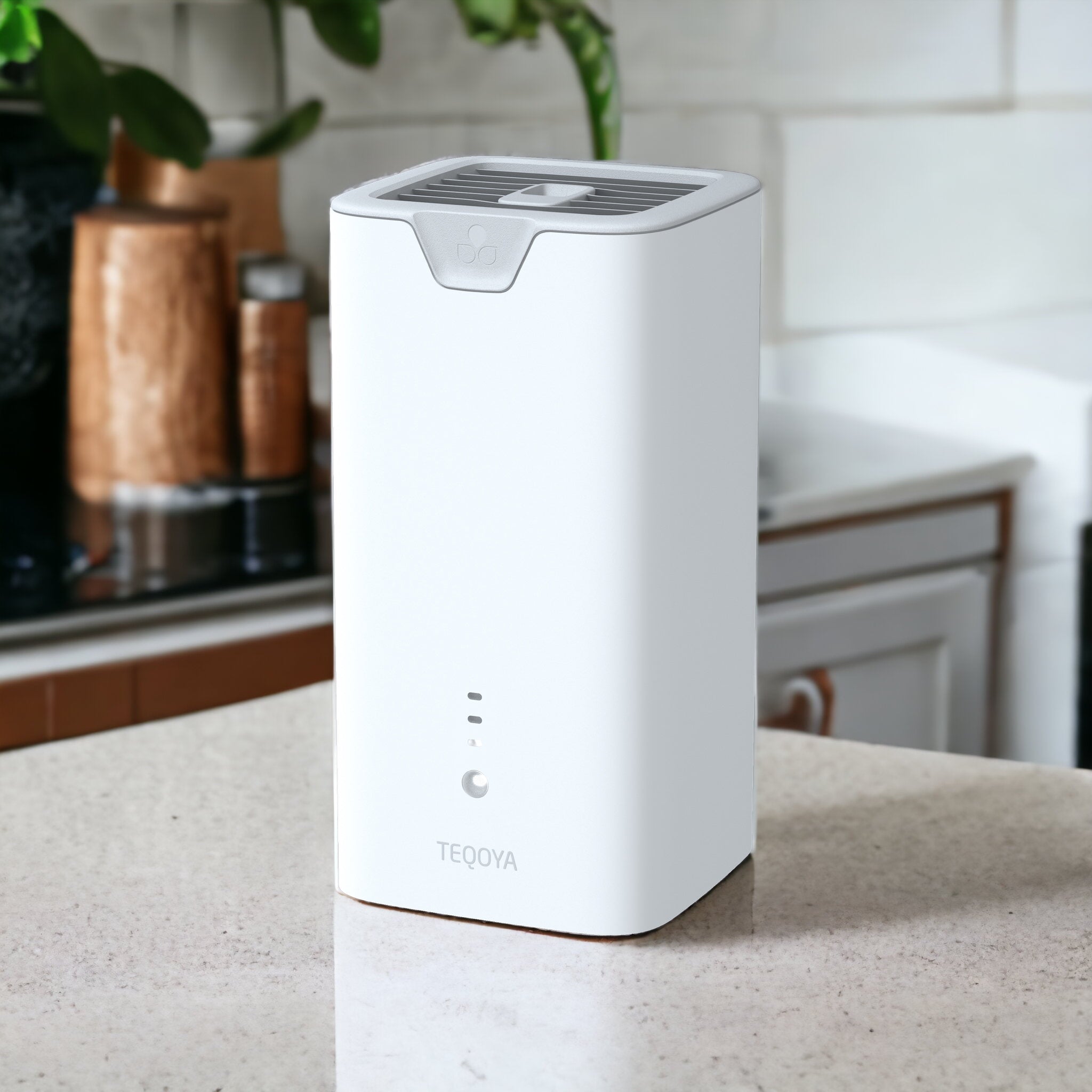Introduction
In recent times, the use of essential oils for air purification and disinfection has gained increasing popularity. As more people look for natural alternatives to cleanse their living spaces, products like essential oil sprays and diffusers have become commonplace in many households. However, it's important to understand the pros and cons of using essential oils for air purification, as well as the potential health implications.
Defining Essential Oils
Essential oils are aromatic, volatile liquids obtained from plant materials through steam distillation. They bear the name of the plant from which they're derived. These fragrant substances are pure chemical compounds that are volatile regardless of their method of use, whether it's topical application, aromatic bath, or atmospheric diffusion.
Applications of Essential Oils
The uses of essential oils are vast. They're widely used in cosmetics and perfumery, and have also found their way into medical applications due to their therapeutic properties. Some oils are also used in the food industry for their antimicrobial and antioxidant effects. Certain essential oils are used with an air diffuser or misting device.
Benefits of Essential Oils
Direct application of essential oils on the skin can help treat pain in specific body parts. For instance, they can be used to alleviate back pain or soothe sore muscles. A study conducted by Iranian scientists found that inhaling geranium essential oil could reduce anxiety in people who've had a heart attack. According to Serge Michalet, a lecturer at the Institute of Pharmaceutical and Biological Sciences at Lyon 1 University, essential oils can alleviate colds, flu-like symptoms, stress, and digestive disorders. However, these oils contain substances that could potentially cause allergies and irritate our bodies.
The Risks of Using Essential Oils for Air Purification
1. Indoor Air Pollution
The atmospheric diffusion of essential oils can pollute indoor air. Even when used sparingly, they emit a wide range of volatile organic compounds (VOCs), especially when diffused into the air using a diffuser or mister. These chemical compounds can sometimes be carcinogenic, like acetone, ethanol, butane, acetaldehyde, and methanol. These substances have been found in almost all types of essential oils.
2. Allergic Risk
According to a study conducted by the magazine 60 million consumers, several allergenic substances were found in the composition of essential oils, such as limonene, geraniol, and linalool. If you have asthma or pollen allergies, exercise caution before using essential oils in a diffuser or mister.
Purifying Indoor Air without Polluting It
Indoor concentrations of some pollutants can be two to five times higher than outdoor concentrations. As we spend about 80% of our time in enclosed spaces, it's natural to want to make sure we're not breathing in these pollutants. Generally, to prevent the risks associated with poor indoor air quality, it's important to limit indoor pollution sources and ventilate and air out confined spaces.
1. Ventilation and Airing
Opening windows regularly is the simplest way to eliminate polluting particles from your home's air. The Association for the Promotion of Air Quality (APQAI) recommends airing out your home for at least 15 minutes a day. This is particularly important during winter when humidity levels are high.
2. Reducing Pollution Sources
Research by the Natural Resources Defense Council (NRDC) in 2007 tested 14 popular brands of household air fresheners and found that 86% of the tested sprays and scented fresheners contained phthalates. These are dangerous chemical substances known to cause hormonal abnormalities.
Opting for a TEQOYA Air Purifier
One of the most effective ways to keep your indoor air healthy is to get an air purifier. TEQOYA air purifiers effectively neutralize particles of all sizes, down to the most toxic nanoparticles, through the principle of air ionization. They also fight against the most stubborn odors, not by covering them, but by eliminating their components. They emit a large quantity of negative ions without ozone, restoring the air to its healthy and natural composition.
Conclusion
While several studies have shown that some oils do indeed have therapeutic properties, it's crucial to consult your doctor before using essential oils, especially if you're pregnant or have health problems. Furthermore, stop diffusing essential oils that give you allergy symptoms, such as coughing or sneezing.
For more information on air quality and TEQOYA, please visit these links:
- How does an air ionizer work?
- Are air purifiers effective against viruses, especially the coronavirus?
- What is eco-responsibility?
View all our articles here.

